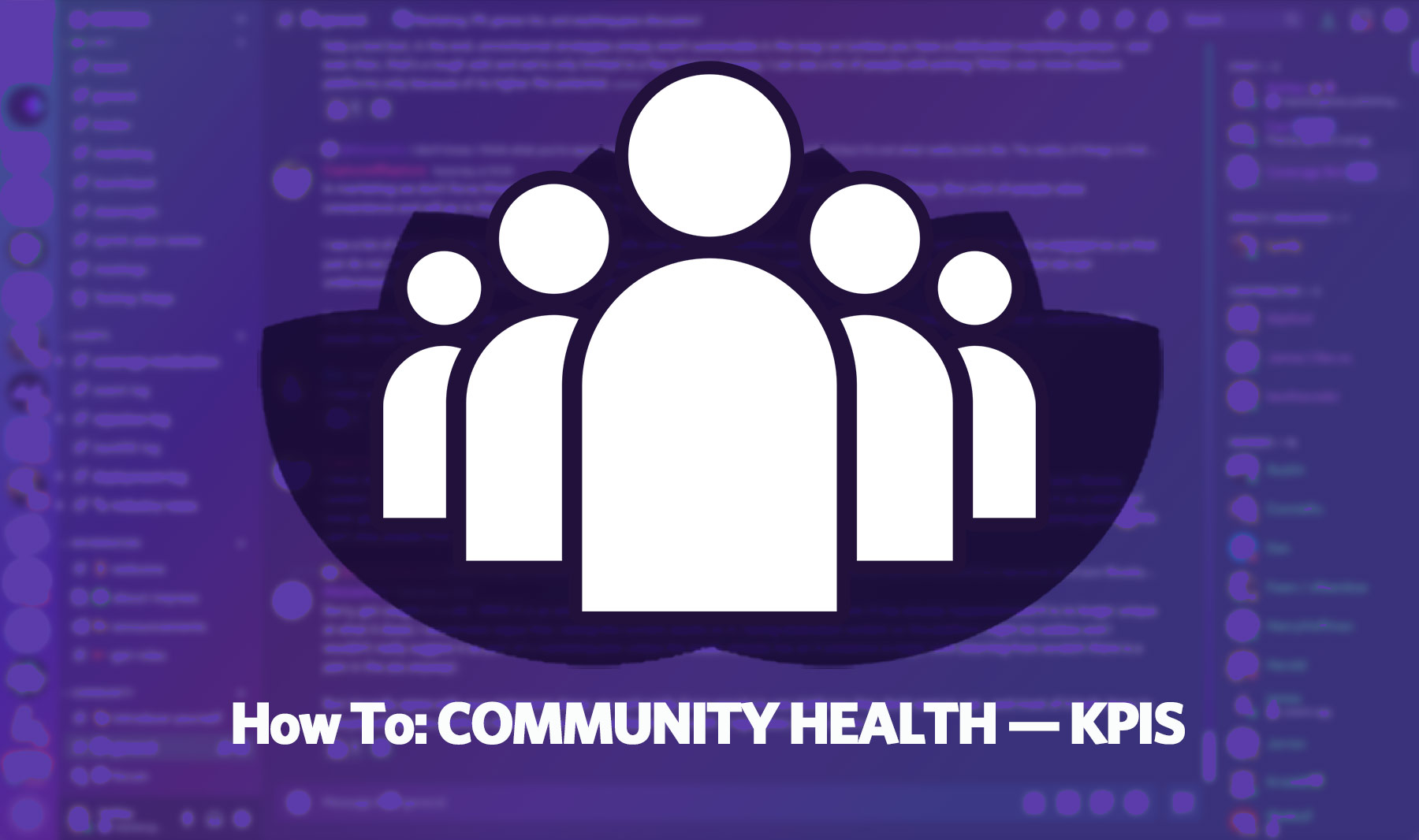Blog • 22nd February 2023
What's Killing your Games Marketing?
💀 80% of indie games are commercial failures. Let's explore the most common marketing pitfalls!

Table Of Contents
- 📚 #1 - You Haven’t Done Your Research
- 🎨 #2 - You’re Skimping on Marketing Assets
- 🥱 #3 - You’re Inconsistent With Your Marketing Efforts
- ⌛️ #4 - You’ve Waited Too Long
- 💀 #5 - You Didn’t Prepare For The Unpredictable
- Common Mistake FAQs
Up until now, our blog (and newsletter) focused mostly on the dos of marketing — the best ways to improve your indie games’ chances and stand out.
The handful of overwhelming successes echoing through the indie scene every now and again make it almost look easy, with plenty of developers believing making a game will be enough to sell millions of copies.
And yet, estimates suggest that between 70% and 80% of all indie games released each year are commercial failures.
Some napkin math later, about 4,800 of the over 6,000 titles that hit Steam in 2022 likely didn’t sell enough to cover production costs — let alone earn anything.
If you feel like your indie game is among these, let’s take a look at a few things that could be killing your marketing efforts.
📚 #1 - You Haven’t Done Your Research
A lethal mistake when it comes to marketing your game, not taking a moment to look around is extremely common among less experienced developers.
Some people just get overexcited, can’t wait to start working, and jump in – full speed ahead – without considering the niche they’re trying to get into and how the market will evolve in the near future.
Unfortunately, such an approach can easily leave you dead in the water.
Doing your research isn’t just about getting better insights into the market, but also helps you identify your competitors, your audiences, and the trends they’ll be responding to.
By skipping this part, you risk misdirecting your marketing efforts – potentially spending hundreds of hours (and, sometimes, dollars) trying to reach someone that, in the end, isn’t really interested in your indie game to begin with.
🎨 #2 - You’re Skimping on Marketing Assets
With dozens of indie games landing on social media every day, targeting a compatible audience often isn’t enough to guarantee you a sale anymore.
Even if you manage to get in front of the right people, you’ll only have a handful of seconds to really catch their attention. If what you’re showing them isn’t immediately interesting, they’ll just look elsewhere.
For that reason, your marketing assets and media mix should be as good as you can make them.
Trailers that dive right into gameplay, intriguing box/cover art and captivating descriptions are often more effective at generating sales than a lot of partnerships or paid ad campaigns.
Even if you are on a budget, this is one of these marketing expenses you absolutely don’t want to cheapen out on.
🥱 #3 - You’re Inconsistent With Your Marketing Efforts
Even with the right kind of assets and targeting the most appropriate crowd, almost no indie game becomes famous overnight.
On the contrary, growing your core community and creating hype is a lengthy process – one that often requires multiple attempts, a solid set of milestones and, most importantly, consistency.
By only posting on social media every once in a while, only engaging with bigger influencers in a single all-out push and being inconsistent with your marketing efforts, it’s unlikely your game will get enough visibility to make a difference.
Instead, you should try to come up with a thorough marketing timeline – one that includes sneak peeks, announcements, showcases, and dedicated content throughout your game’s development cycle – and stick to it.
Doing so will let people naturally come across and get interested in your project – which in turn both benefits your community and boosts wishlist additions!
⌛️ #4 - You’ve Waited Too Long
Loosely related to the previous one, another typical mistake among indie developers is that of considering marketing an accessory - something that they can push to the very end of the priority list.
Perhaps hoping it will still be enough, a lot of studios wait until the last minute to launch their indie game’s social profiles or Steam page - often mere days or hours before the actual game is supposed to release.
Unfortunately, these campaigns are almost always destined to fail.
While surprise reveals might work for AAA games and more established indie publishers – just look at Hi-Fi Rush for a real world example – your average indie game needs between 6 and 9 months of consistent marketing to leave a lasting impression. Any lower than that and you risk not getting enough attention to really influence sales in a meaningful way.
💀 #5 - You Didn’t Prepare For The Unpredictable
Despite the best of efforts, some games will still struggle to gain a following and ultimately generate sales.
Things like a bad release date, tough competitors, lukewarm coverage and sudden market changes, for example, are both hard to see coming and even more challenging to react to.
Specific genres and market niches, like that of platformers and visual novels, have also suffered from market saturation in recent years – making it even harder for new IPs and interesting ideas to stand out in what’s now an ocean of mostly half-baked and rather generic competitors.
At the end of the day, there are several unpredictable reasons why an indie game might fail, most of which remain beyond your control.
If that happens, as overwhelming as it might feel, it’s important that you don’t let it discourage you. Instead, try to see that failure as a learning opportunity…
Analyze everything you’ve done, do your best to spot your mistakes, and make sure you note them down for future reference. If you have the chance to, also consider putting together a post-mortem to share with the rest of the indie development community. ❤️
– Ashley
Did you like this article? You can subscribe to the IMPRESS newsletter here to get the latest in indie games marketing, PR, and influencer management right in your inbox. We also make tools that help you get better at marketing! Learn more about it or try our free press-kit generation tool!
Common Mistake FAQs
Q: What are the biggest mistakes when marketing an indie game?
When marketing an indie game, jumping in without conducting thorough research into your audience and competitors, using low-quality marketing assets, and being inconsistent with your efforts will often lead to poor results. Starting at the last minute, without giving potential players enough time to learn about your game, can also greatly hamper your campaign's effectiveness.
Q: How early should I start marketing my indie game?
While some larger studios have done well by announcing their projects only a few hours before release, most indie games need time to gather momentum before they can launch. Starting your marketing efforts between 6 and 9 months ahead of release will give you enough time to amass a strong community and leave a lasting impression!
Q: How important is a trailer on Steam?
Among the assets that make up your Steam page, your trailer is effectively the most important one. Trailers that dive right into gameplay, showcasing what the game is about in a simple and immediate way, are often more effective at generating sales than a lot of partnerships or paid ad campaigns. Your trailer is likely also the first thing people will see when checking out your game and should therefore be your top priority when creating marketing assets.
Q: How often should you post about your indie game on social media?
When it comes to promoting an indie game on social media, consistency and perseverance are usually more important than the sheer amount of content you produce. While you shouldn't expect to post about your title every day - especially as a solo developer - try to be consistent and post more or less always on the same days of the week. This will create some expectation in your followers while also ensuring a steady flow of content.
More from the ✨ Academy ✨

How To Measure and Promote Your Indie Game Community’s Health
👥 5 Actionable tips to ensure your community remains a safe space for everyone!
By Alessandro
22nd January 2025

Indie Game Branding for Beginners
🎨 7 Fundamentals To Keep In Mind As You Design Your Game’s Unique Identity
By Alessandro
9th April 2025
Make Your Game A Success!
With access to:
Coverage Bot
Press Kitty (free)
Academy (free)
Launchpad (free early access)
Steam Revenue Calculator (free)
...and more tools coming soon!
Get started with our innovative video game marketing toolkit, today!
✨ We'll also email you every time we write a blog post! ✨
